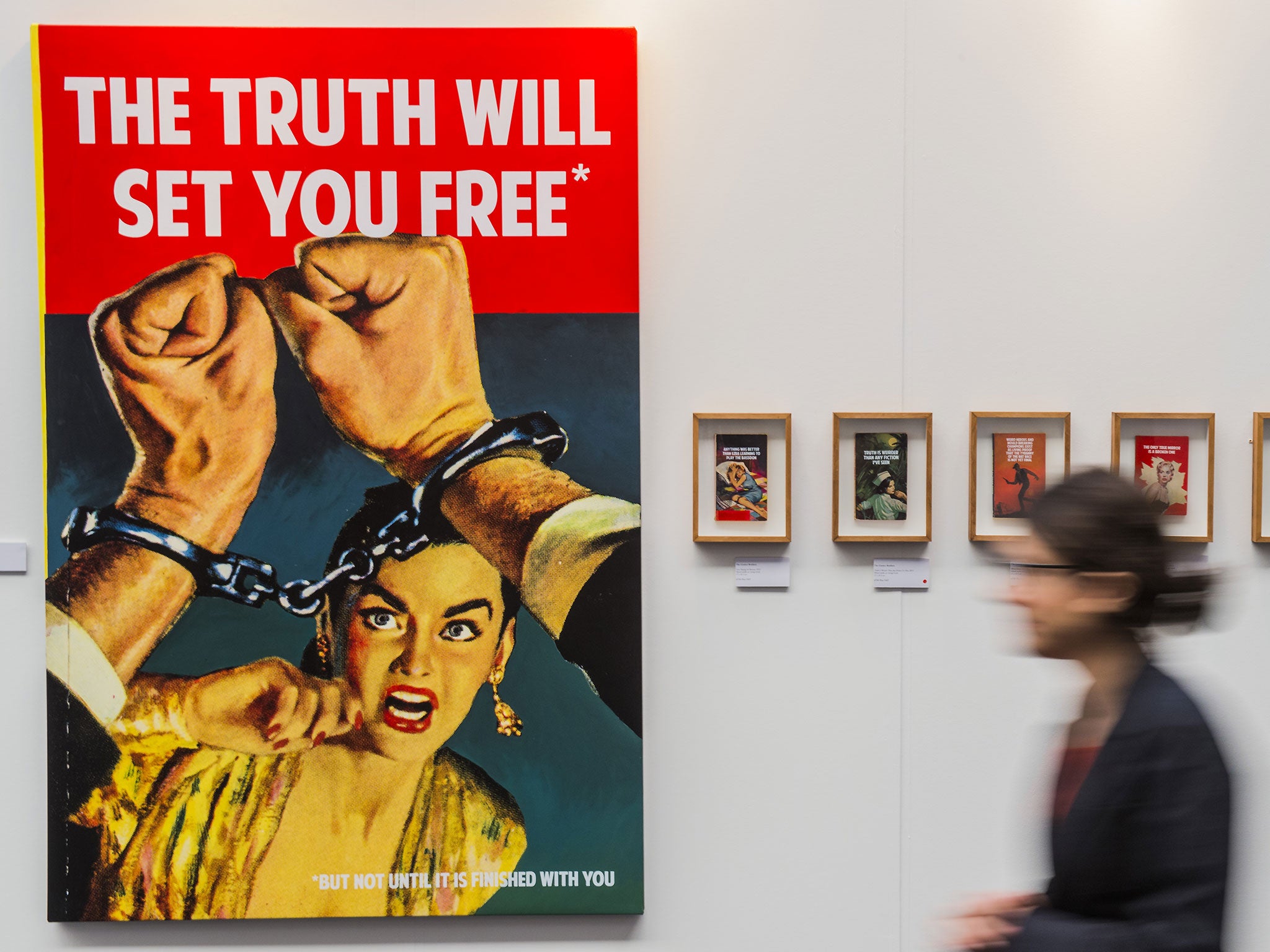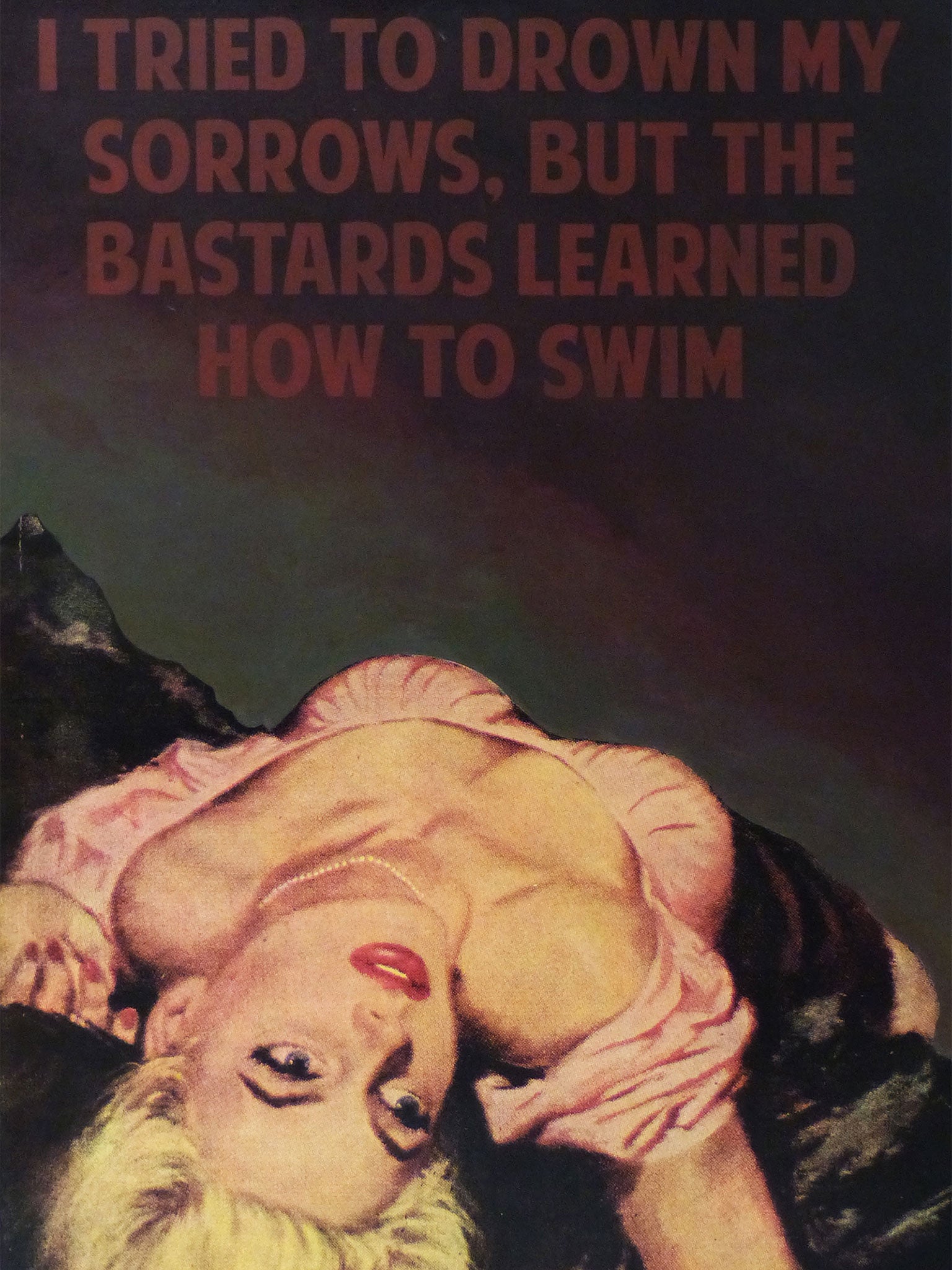Homeless Veterans appeal: Crisis taught me how fragile a 'stable' life can be
Traumatised ex-soldiers can easily end up on the streets. Mike Glover reports on a hostel that will help them through the social system

Your support helps us to tell the story
From reproductive rights to climate change to Big Tech, The Independent is on the ground when the story is developing. Whether it's investigating the financials of Elon Musk's pro-Trump PAC or producing our latest documentary, 'The A Word', which shines a light on the American women fighting for reproductive rights, we know how important it is to parse out the facts from the messaging.
At such a critical moment in US history, we need reporters on the ground. Your donation allows us to keep sending journalists to speak to both sides of the story.
The Independent is trusted by Americans across the entire political spectrum. And unlike many other quality news outlets, we choose not to lock Americans out of our reporting and analysis with paywalls. We believe quality journalism should be available to everyone, paid for by those who can afford it.
Your support makes all the difference.For most of us it’s hard to imagine becoming homeless, but I know from experience that crisis can strike anyone.
My own was two years ago. Outwardly I was successful. I had a good job, a busy social life and strong, personal relationships. But inwardly things were spiralling out of control.
I was living out of a rucksack in hotel rooms. I wasn’t eating. I’d stopped answering my phone. I experienced prolonged feelings of worthlessness. Eventually my depression was so severe that I became suicidal. A chance phone call from James, my friend and partner in the Connor Brothers, saved my life one night.
He encouraged me to seek help and, after a visit to a psychiatrist, I was diagnosed as bipolar and prescribed mood-stabilising medication. James was uniquely placed to support me. He has experienced crisis first hand: for four years he suffered a heroin addiction that almost claimed his life.
That period of crisis taught me how easily life can become overwhelming, and how fragile a seemingly stable existence really is. For those who don’t manage to find the help they need, the consequences can be catastrophic. For many, homelessness follows. Often this is compounded by addiction or mental-health issues, which either contribute to someone becoming homeless, or occur as a result of it.
Reading statistics about homelessness, it’s easy to forget that behind every number is a person. Likewise, in our daily lives, it’s easy to become blinkered and ignore people who are sleeping rough. We pass them every day on our daily commute – but the pressures of city life make it difficult to ask ourselves who these people are, what their story is, and how they came to be homeless. Sometimes it’s easier to turn a blind eye or tell ourselves there is nothing we can do.
What The Independent’s Homeless Veterans Appeal has done brilliantly is to bring to life the personal stories behind the statistics: the stories of people who’ve served in the armed forces, and fallen on difficult times.

It’s shown us that there is no such thing as a stereotypical homeless person. Each person living on the streets has a unique life history, unique challenges to overcome and unique gifts to offer. Reading the personal stories of veterans like Mark McKillion or Paul McEwan helps us realise that homeless people are no different from the rest of us. They are ordinary people who have suffered periods of crisis and deserve to be treated with compassion and dignity.
I know from experience how easily life can become overwhelming, and how circumstances can conspire with disastrous consequences, which is why I have been so moved by the appeal. I know that what people need in periods of extreme vulnerability is non-judgmental, practical and compassionate support.
The Homeless Veterans Appeal, which funds the important work of ABF The Soldiers’ Charity and Veterans Aid, will, quite literally, save lives. So, next time you pass someone sleeping rough remember Mark or Paul, and stop and ask: ‘What’s your story?’ The chances are you’ll be surprised.
Mike Snelle
Join our commenting forum
Join thought-provoking conversations, follow other Independent readers and see their replies
Comments